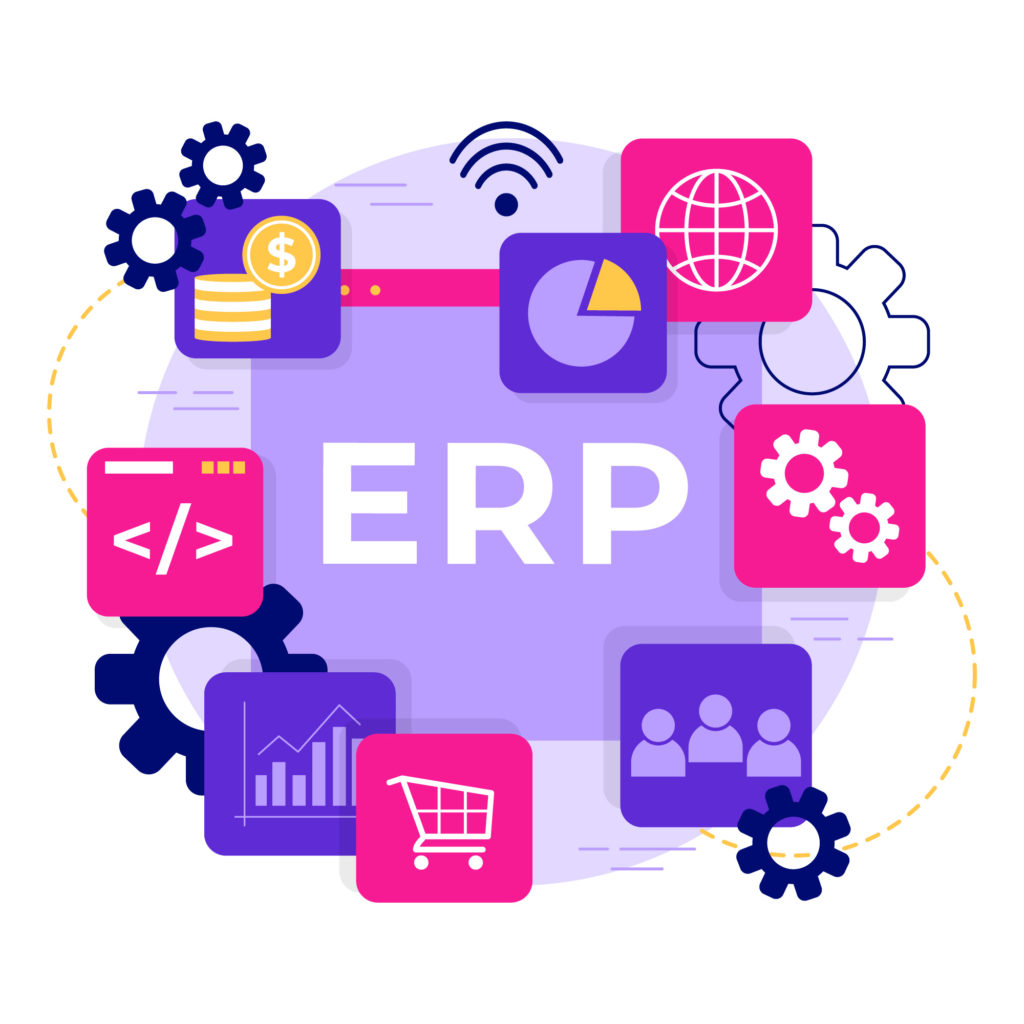According to Gartner, corporate IT spending on cloud computing will grow by 20% in 2023, and eyes will be increasingly focused on trends such as Cybersecurity and Artificial Intelligence
According to Gartner's forecast, corporate IT spending on cloud computing will grow by 20% in 2023, totaling US$ 591.8 billion, up from US$ 490.3 billion in 2022. These figures reinforce that, with the advancement of digitization , companies are being forced to look for new ways to improve their competitive position in the market and cloud technology is the master key to achieve this goal, standing out in two of the main technological trends: data security and organization for efficient use of artificial intelligence.
“Organizations are no longer concerned with returning things to the way they were before. They are dedicated to reinventing themselves, modernizing their processes and transforming their business”, said Waldir Bertolino, Country Manager at Infor in Brazil.
 For the executive, this context of radical change in business has forced companies to migrate business management solutions (ERP) to the cloud environment. “The cloud offers agility, flexibility and efficiency, all critical factors for a good business management performance”, adds Bertolino.
For the executive, this context of radical change in business has forced companies to migrate business management solutions (ERP) to the cloud environment. “The cloud offers agility, flexibility and efficiency, all critical factors for a good business management performance”, adds Bertolino.
Below, the executive lists 7 trends of modern cloud-based ERP that every business leader should pay attention to to take advantage even in 2023.
- Integration: in the supply chain, for example, there is a great need to integrate ERP with other management software such as CPQ, TMS, WMS, among others. ERP in the cloud opened the door for this integration, in order to make processes more agile, flexible and secure.
- preconfigured: Another advantage to be noted by leaders is that cloud-based management software has tools that address specific pains by industry and are pre-configured so that customers can immediately match the solution to their processes.
- Safety: since the idea of the cloud was gradually introduced a few years ago, one of the main concerns has been security. In my opinion, this concern tends to decrease drastically in the coming years. That's because the cloud creates a much greater protection environment to prevent data loss, cyberattacks, ransomware and other cyberthreats.
- Constant update: in the past, companies performed a large, feature-intensive software update every five years. Today, migrating to the cloud offers the benefit of always having an up-to-date solution, which reduces tooling costs and increases investment in the business.
- Artificial intelligence: By adopting an ERP in the cloud, the company is able to organize data for more efficient use of Artificial Intelligence. AI is only as efficient as the data that feeds it, so it is essential that organizations have their foundation well structured. This approach can help organizations improve decision making and will bring immediate benefits to organizations.
- Sustainability: adopting sustainable business practices has become essential to keep the company competitive. And sustainability will soon become a kind of license to operate in many markets. But this requires data collection and processing, as well as greater control of all stages of the supply chain. At this point, a cloud ERP brings great competitive advantages, especially when it comes to identifying efficiency improvement points throughout the chain.
- nearshoring: recent years have been marked by supply crises that have created a growing need to rethink the supply chain and the location of suppliers, production sites and distribution centers. A cloud management solution offers a high degree of transparency and the opportunity to move production and suppliers closer to customers, reducing the risk of downtime.
“In summary, migrating from ERP to the cloud offers many advantages for organizations. It is essential that leaders are aware of the main market trends in order to take full advantage and make these predictions a reality for their business, reducing the cost of ownership and hidden costs”, warns the country manager.













